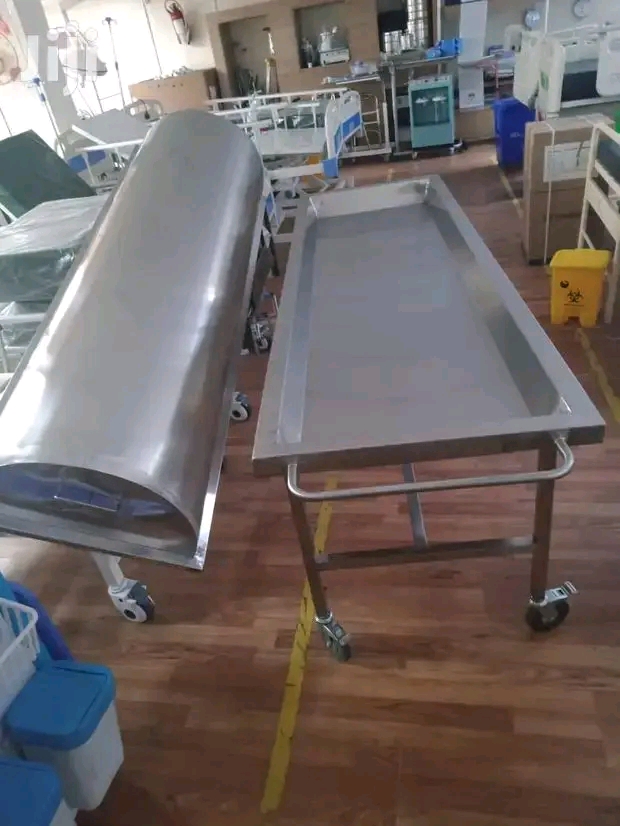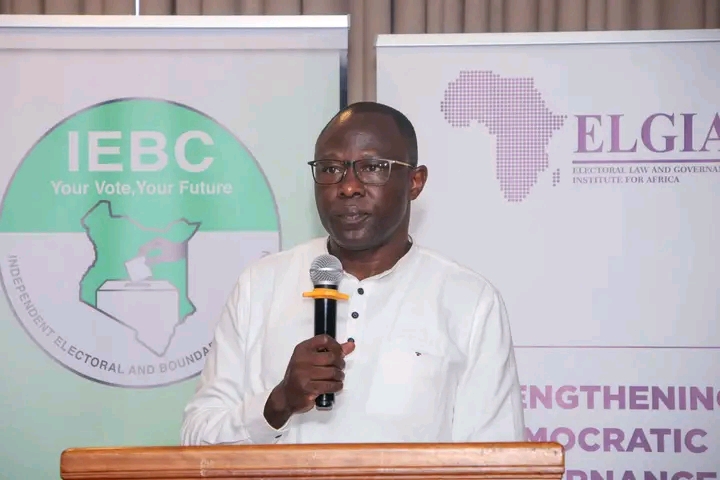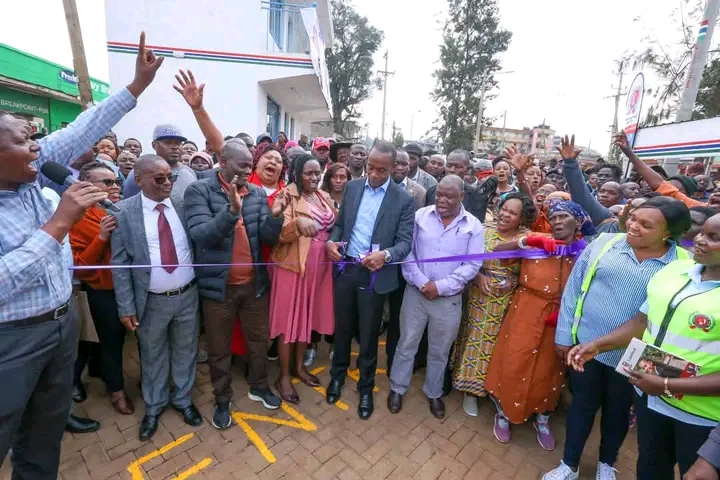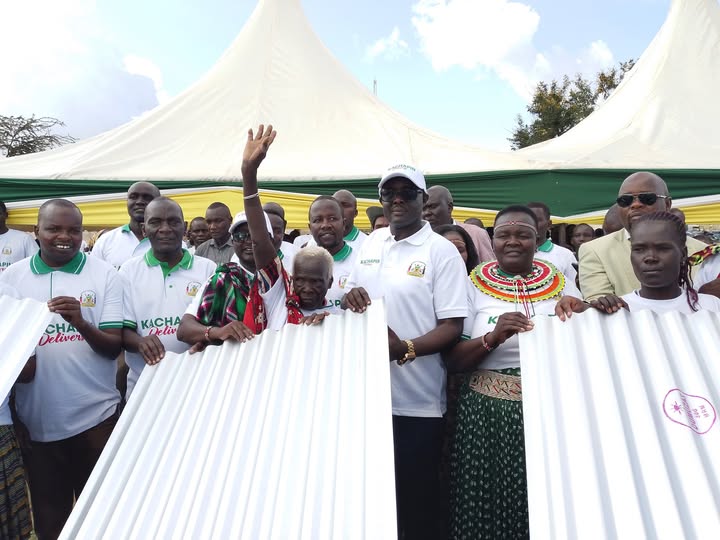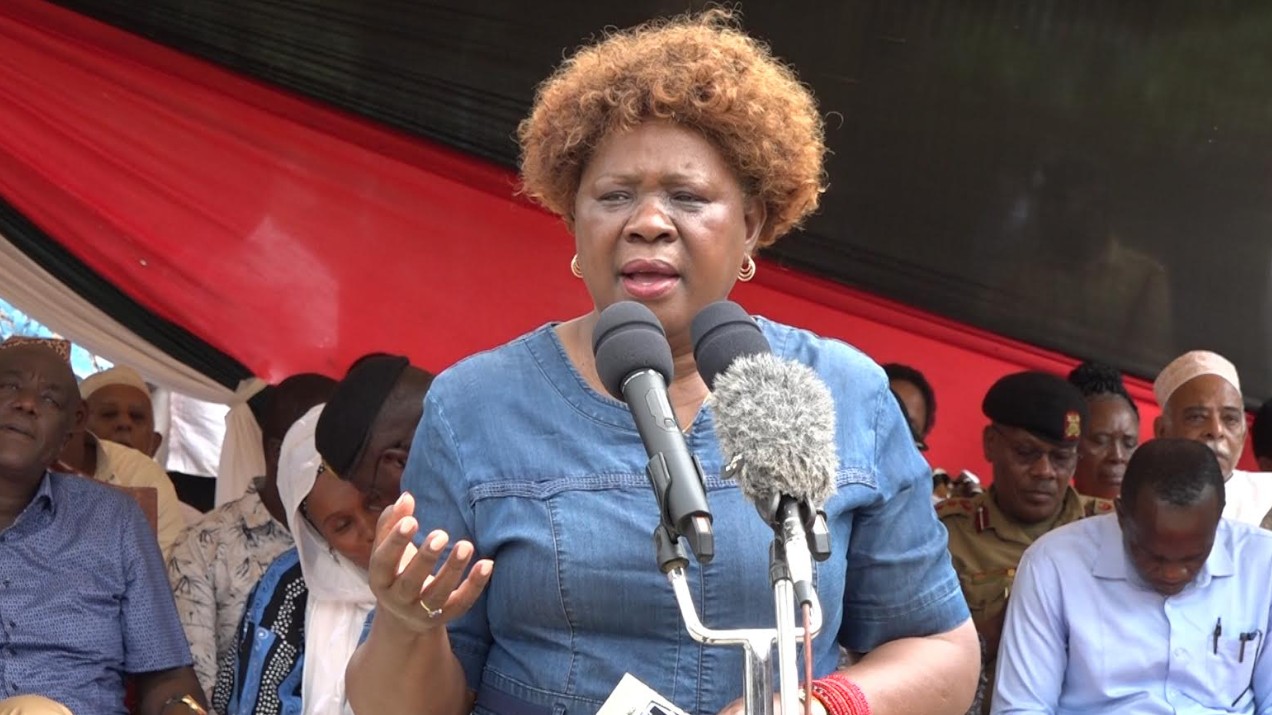Baringo Mortuary Vandalized as Scrap Metal Theft Crisis Sparks Public Outcry
Residents of Baringo are demanding the reinstatement of the scrap metal ban after vandals rendered the newly built Marigat Mortuary unusable. Essential components were stolen before its commissioning, forcing grieving families to seek services elsewhere. Similar thefts have crippled the Perkerra Irrigation Scheme, threatening food security.
SHOCK AS UNKNOWN PEOPLE BREAK INTO A MORTUARY IN BARINGO SOUTH STOLE BODY TRAYSSHOCK AS UNKNOWN PEOPLE BREAK INTO A MORTUARY IN BARINGO SOUTH STOLE BODY TRAYS
Posted by Baringo TV on Monday, July 14, 2025
A wave of anger and frustration is sweeping across Baringo County following the vandalism of the newly built Marigat Mortuary—an incident that has reignited calls for the government to reinstate a total ban on the scrap metal trade. Months after its completion, the mortuary, which was meant to serve grieving families from Baringo South and Tiaty constituencies, lies abandoned and choked by overgrown bushes.
The facility, the first of its kind in the region, was targeted by unknown vandals who broke in and made away with essential components including body trays and critical electrical wiring. As a result, the mortuary has never been operational, despite millions of shillings spent on its construction.
“This mortuary was built to bring dignity and convenience to our people during times of loss,” said a public health officer at Marigat Subcounty Hospital. “Now, it stands as a haunting reminder of how exposed government projects are to sabotage.”
The impact of the vandalism has been deeply felt by families in mourning. With no functioning facility nearby, they have been forced to travel long distances to Kabarnet, Ravine, or even Nakuru to preserve and prepare their loved ones for burial. This has added to their grief, with many citing increased transport costs, logistical nightmares, and emotional strain.
Traditional leaders in the community have expressed shock and disappointment over the act, describing it as a cultural taboo and a sign of moral decay. They believe the booming scrap metal market is encouraging young people to engage in criminal activities with little regard for societal values.
“It is unacceptable to defile a place meant to honor our dead,” lamented one community elder. “We call on the government to ban scrap metal trade completely. These crimes are not random—they are driven by greed and a thriving black market.”
Beyond the mortuary, other critical infrastructure in the region has also suffered from similar attacks. The historic Perkerra Irrigation Scheme, which has supported farming in the Marigat area since 1954, is on the verge of collapse due to the systematic theft of metallic equipment.
Farmers say vital components such as gate valves and water control systems have been stolen, leaving water flowing unchecked through irrigation canals. This has caused severe imbalances—some farms are flooding, while others are drying up. The resulting tensions among farmers have raised concerns of possible conflict if the problem is not urgently addressed.
“The situation is dire,” said Daniel Waweru, manager of the Perkerra Irrigation Board. “Without proper water regulation, crops are failing. We risk economic collapse and social unrest if this continues.”
Waweru pointed to well-organized scrap metal cartels as the main culprits and warned that unless swift action is taken, the regions food security and livelihoods will be irreparably harmed.
Although the government had imposed a ban on scrap metal trade in 2022 following national outcry over vandalism of public infrastructure, enforcement has gradually weakened. In towns like Marigat, illegal scrap dealing continues to flourish, threatening vital public services.
As pressure mounts from both residents and leaders, many are now urging the government to urgently revisit the ban and crack down on the growing menace before more public investments are lost.


